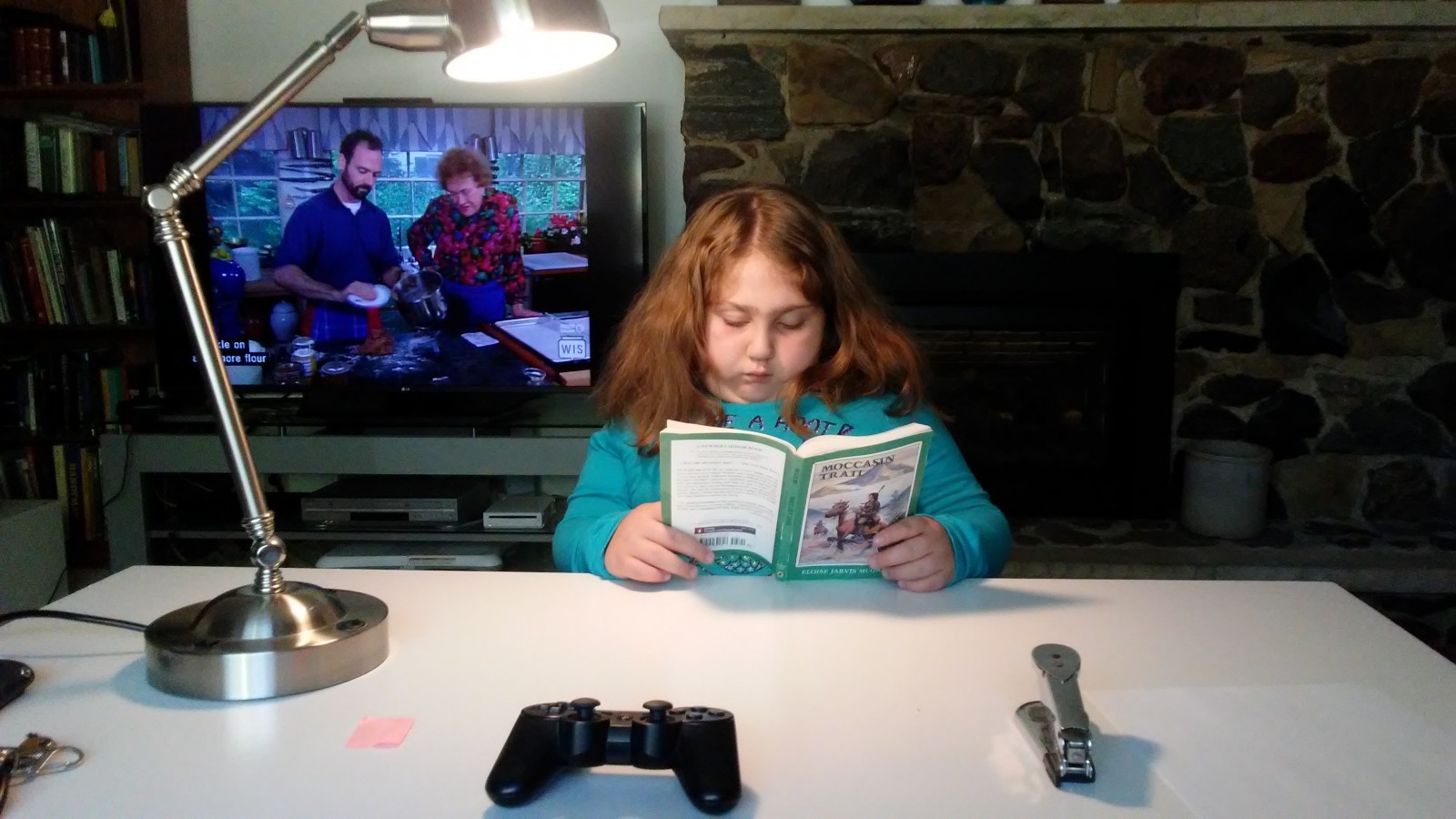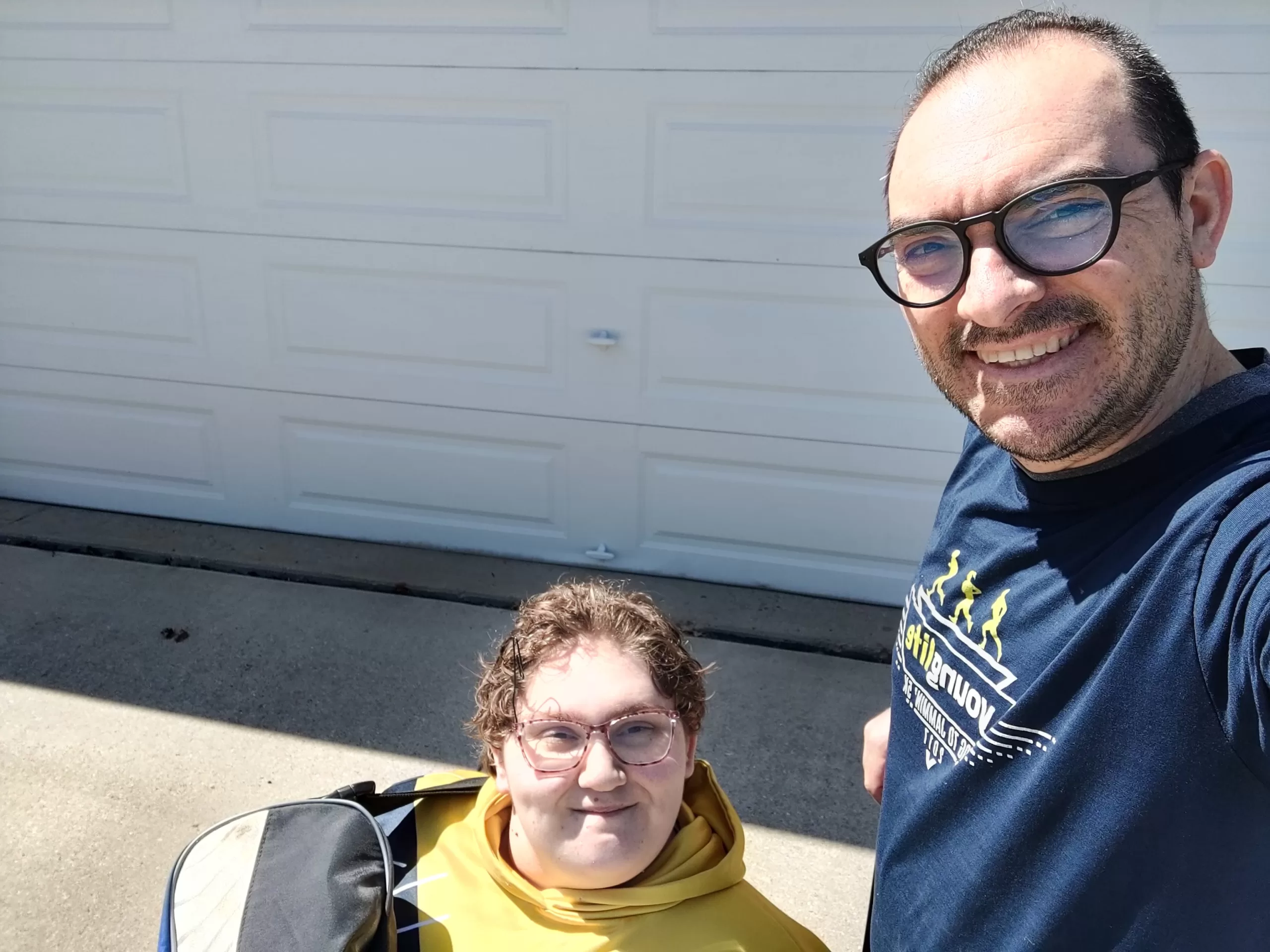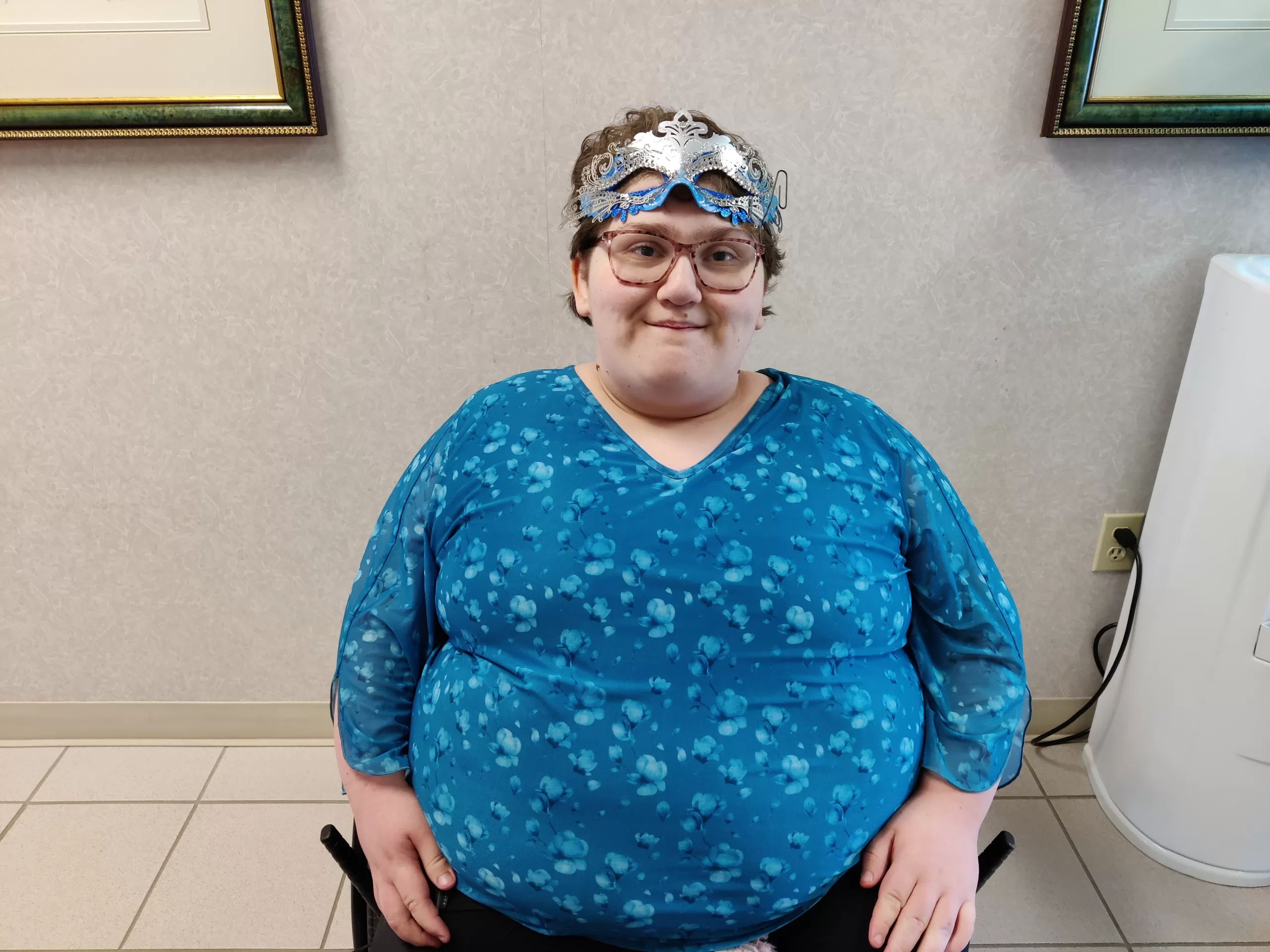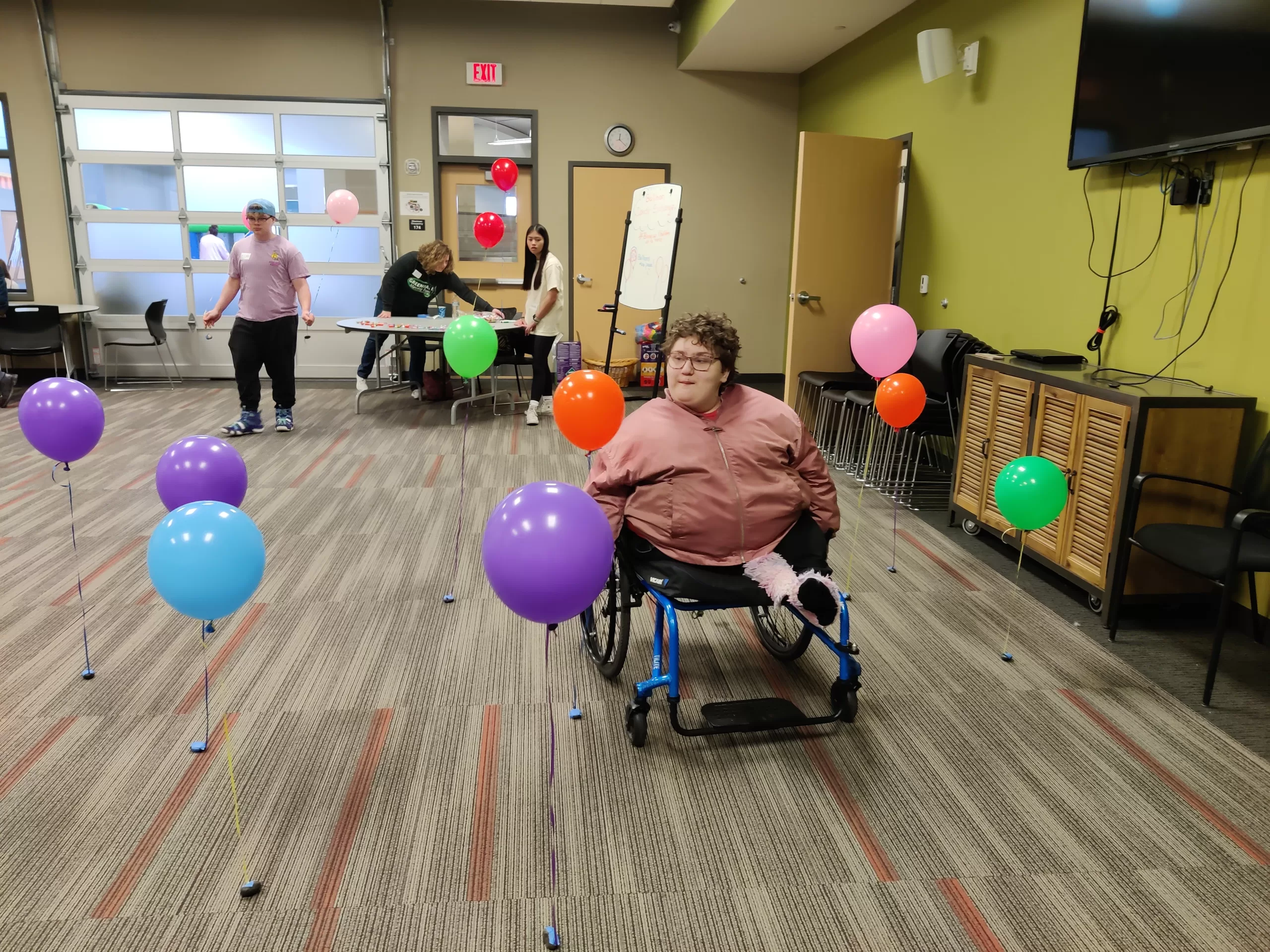In the news lately, there was a school that banned To Kill A Mockingbird because “There is some language in the book that makes people uncomfortable, and we can teach the same lesson with other books.”
If you don’t already know, To Kill A Mockingbird is a book that confronts the issues of racism, inequality, violence, and hate — all uncomfortable topics. And that’s the point.
Perhaps it’s just timing that a whole lot of discussion about sexual abuse is happening in the news (like with #MeToo and #IWill). The topic is bad — there is not a word strong enough to emphasize how bad — but the discussion is good. We shouldn’t be afraid to talk about it, because that is exactly what the abusers want. They want their victims afraid and silent.
Namine is in fourth grade, and has not yet reached literature which broaches something as heavy as racial hate or violence — at least, not directly. She has read books which see their main characters voice racist opinions, and that’s where it starts. In Sign of the Beaver, for example, a Caucasian boy is prejudiced against his Native American peer.
Rather than avoid talking about it, Jessica and I chose to meet it head-on. We talked to Namine about racial slurs, and how they can be used to spread hate. But racial slurs can also be spread in ignorance: the boy in Sign of the Beaver, for example, merely emulated his father’s words and actions — only to learn how wrong that viewpoint was. It was important to point out: if the boy had retained an open mind, if he had respected his Native American peer from the outset, many misunderstandings — and outright fights — could have been avoided.
It’s important to understand that there is misunderstanding in the world. There is racism. There is hate. Some of it is unintentional, and can be remedied. And some of it is deliberate, with no resolution in sight. All of it is unpleasant, but not talking about it will not make it go away; conversely, it will in all likelihood exacerbate it. So we conclude: awareness is the first step towards improvement. And literature, which brings it to the forefront of a student’s attention, is the ideal starting point for education.




Leave a Reply